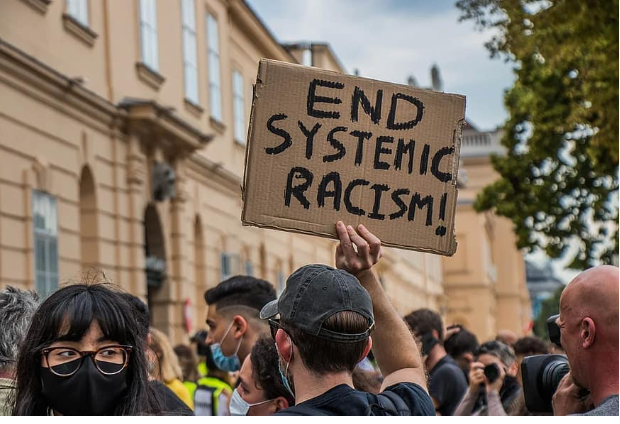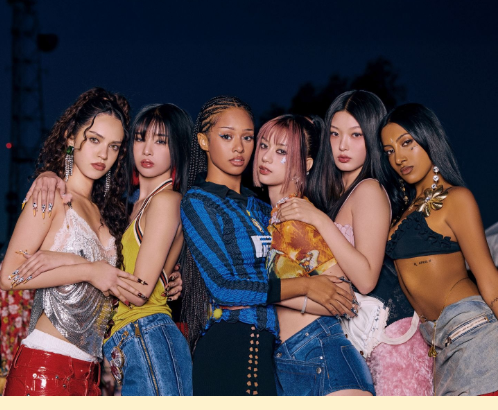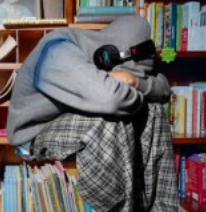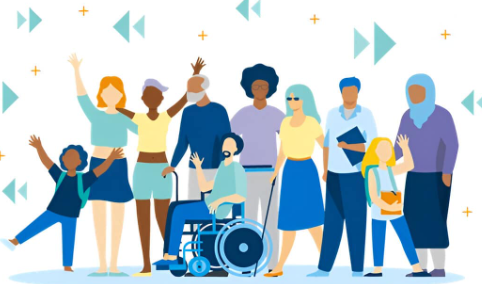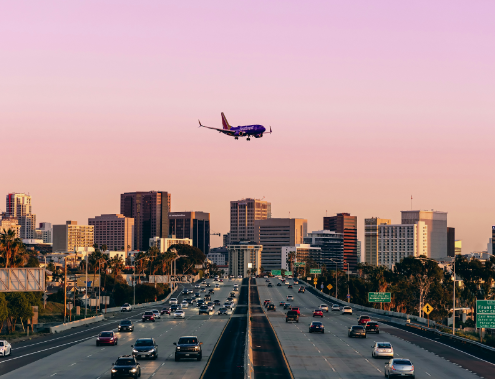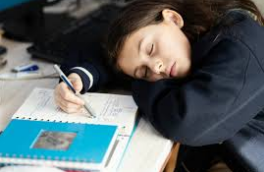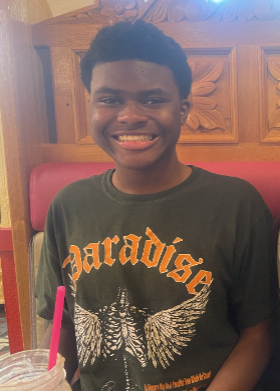Racial bias refers to favoring or providing preferential treatment to one racial group over another. Racial bias happens more often than you think; it commonly occurs in our society within housing, healthcare, and our justice system.
Racial profiling affects our justice system because it often results in more people of color being wrongly convicted of crimes and causes racial disparities. Evidence suggests that because of explicit racial bias, African Americans and Hispanic Americans are more likely to be charged for the same offenses and receive more severe sentences compared to White defendants. In addition, African Americans are five times more likely to be incarcerated than White Americans. Because of this, 65% of African Americans feel targeted because of their race, and 35% of Hispanic Americans feel targeted for their race.
How does racial bias affect our juvenile justice system?
Racial bias can also affect criminal justice for juveniles as well. Compared to white youths, minorities are 2.8 times more likely to be arrested for a violent crime, 6.2 times more likely to end up being tried in adult court, and 7 times more likely to be sent to prison by an adult court. This can cause youth in the criminal legal system to experience psychiatric symptoms and commit suicide.
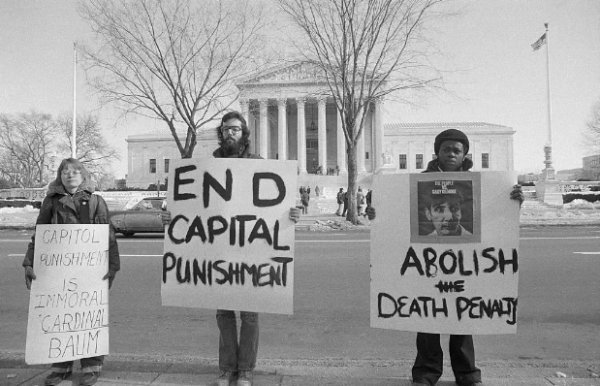
How can we reduce racial bias?
One effective way to prevent racial prejudice is through protesting. The Black Lives Matter movement is an example of this. The movement has significantly impacted our society by spreading awareness of racial discrimination and promoting organizational changes in policing, such as bias training, the use of body-worn cameras, and bans on no-knock warrants. The Black Lives Matter movement continues to this day, as does racial bias. It is up to the people to enact change.
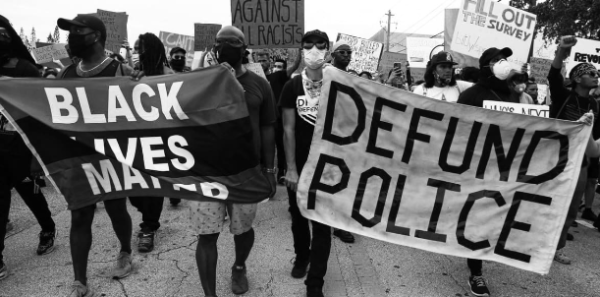
Sources:
Picture Sources:

